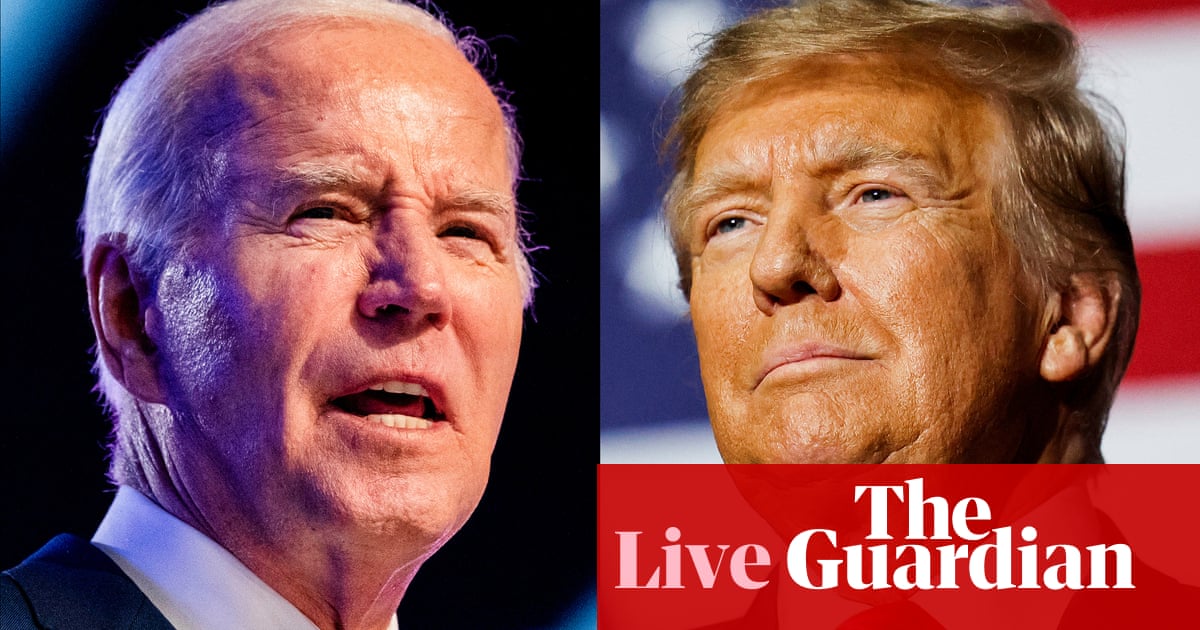
The victory of a young Emmanuel Macron over the far-right Marine Le Pen in 2017’s French presidential election runoff was seen as a sensational vindication of centrism and globalization. Having since seemingly molded into the gilded Elysee Palace he occupies, the once fresh face of French politics now disapprovingly addresses the nation behind the unmistakable dark blue tie of the establishment.
The man who sought to get France moving in a spirit of progressiveness has given way to the widening fissures that weaken the country. Faced with an emboldened Le Pen and the rabid xenophobia of populist Eric Zemmour, Macron has chosen to outdo their divisive rhetoric. Last week he vowed to hassle the unvaccinated, conforming to an authoritarian and confrontational stance that has come to characterize his term in office.
France on Tuesday recorded 368,149 new COVID-19 cases — a record high. Amid this disaster, the French president, who had long derided outbreaks in other nations, was left isolated and entirely to blame in some quarters. His government has introduced a draft bill that aims to mandate all people aged over 12 to prove their vaccination status in order to access leisure activities, restaurants and bars, fairs, and public transport. A negative test will no longer be sufficient, according to Macron, who vowed to ruin the lives of the unvaccinated “until the bitter end.” Debate on the bill was delayed by this threat, but it passed through parliament with 214 votes in favor, 93 against and significant abstentions. It will now proceed to the Senate and is expected to come into force in the second half of the month.
In a republic whose first central tenet is “liberty,” the bill is controversial, as it further empowers the long arm of the state. There have also been criticisms of the confrontational spirit in which it has been pursued. In marginalizing as many as 5 million citizens, the bill has been panned on both sides of the political spectrum. The socialist Jean-Luc Melenchon, who has long sparred with the president over the more intrusive elements of his policies, said Macron had no right to “use such appalling language.” Christian Jacob, president of the Republicans party, was unyielding in his criticism of the bill, which “was presented with the sole objective to piss off the French. Is this your intention?” The controversy is all the more dramatic as the country gears up for an election in just three months’ time — and Macron has yet to throw his hat in the ring.
In April last year, 20 retired generals, as well as several serving soldiers, signed an open letter warning that failure to act against the “suburban hordes” — a reference to the predominantly immigrant populations of the housing estates surrounding French cities — could lead to a coup d’etat. The letter, published on the 60th anniversary of a failed coup by generals opposed to France granting independence to Algeria, was strongly condemned. It became a turning point, as it was welcomed by Le Pen and led to Zemmour’s entrance into the electoral fray. With Macron reeling from his divisive comments about Islam and after months of violent and disruptive “yellow vest” protests caused by his economic policies, the incident typified the scale of disappointment in certain circles over the apparently waning French state.
The pandemic has provided another forum for the front runners to show their leadership credentials. However, it has also shown that divisiveness has come to dominate contemporary French political polemics at a time when the country must unite. While Macron has borne the brunt of the French public’s disappointment with economic stagnation and unpopular reforms, Zemmour has offered an image of a France that is determined and independent through his Reconquest party. Though Macron has sought to show strength by forcing through the vaccination agenda, in his haste to do so he has failed to account for the importance of freedom and independence in French political culture, which is a refuge of both the left and the right.
The squabble over the importance of a strong French state that the COVID-19 bill represents has similarly informed debates about French history. Both Zemmour and Macron have sought to embrace Bonapartism in an effort to inherit the “grandeur” of imperial France that they believe voters crave. On last year’s 200th anniversary of Napoleon’s death, Macron risked the “woke” generation’s outrage by unequivocally stating: “We love Napoleon because his life gives us a taste of what is possible… he understood the greatness of the country.” Simultaneously, Zemmour has understood that the French public like their presidents to be exceptional and he has lost no time in fighting over Napoleon’s legacy. The one-time presenter on the xenophobic CNews television channel now refers to himself as a Gaullo-Bonapartist, emphasizing the importance of “great men” in the fate of a country.
Divisiveness has come to dominate contemporary French political polemics at a time when the country must unite.
Zaid M. Belbagi
This year’s election candidates will continue to cater to right-wing voters, who see the last bastions of a great French legacy being under threat, whether from immigrants, COVID-19 or the EU. This is where the election will be won or lost. It is unfortunate that the candidates will, therefore, seek to continue to appeal to such voters with ever more extreme policies, rather than employ the stability and rationale of the enlightenment that the republic represents and so desperately needs today.
Former President Francois Mitterrand famously said that “the French will elect the person who tells them the story they want to hear at a given moment, provided they seem legitimate and fair.” It would seem that this year, however, the most unfair may rise to the top.
Zaid M. Belbagi is a political commentator, and an adviser to private clients between London and the GCC. Twitter: @Moulay_Zaid
Disclaimer: Views expressed by writers in this section are their own and do not necessarily reflect Arab News" point-of-view











